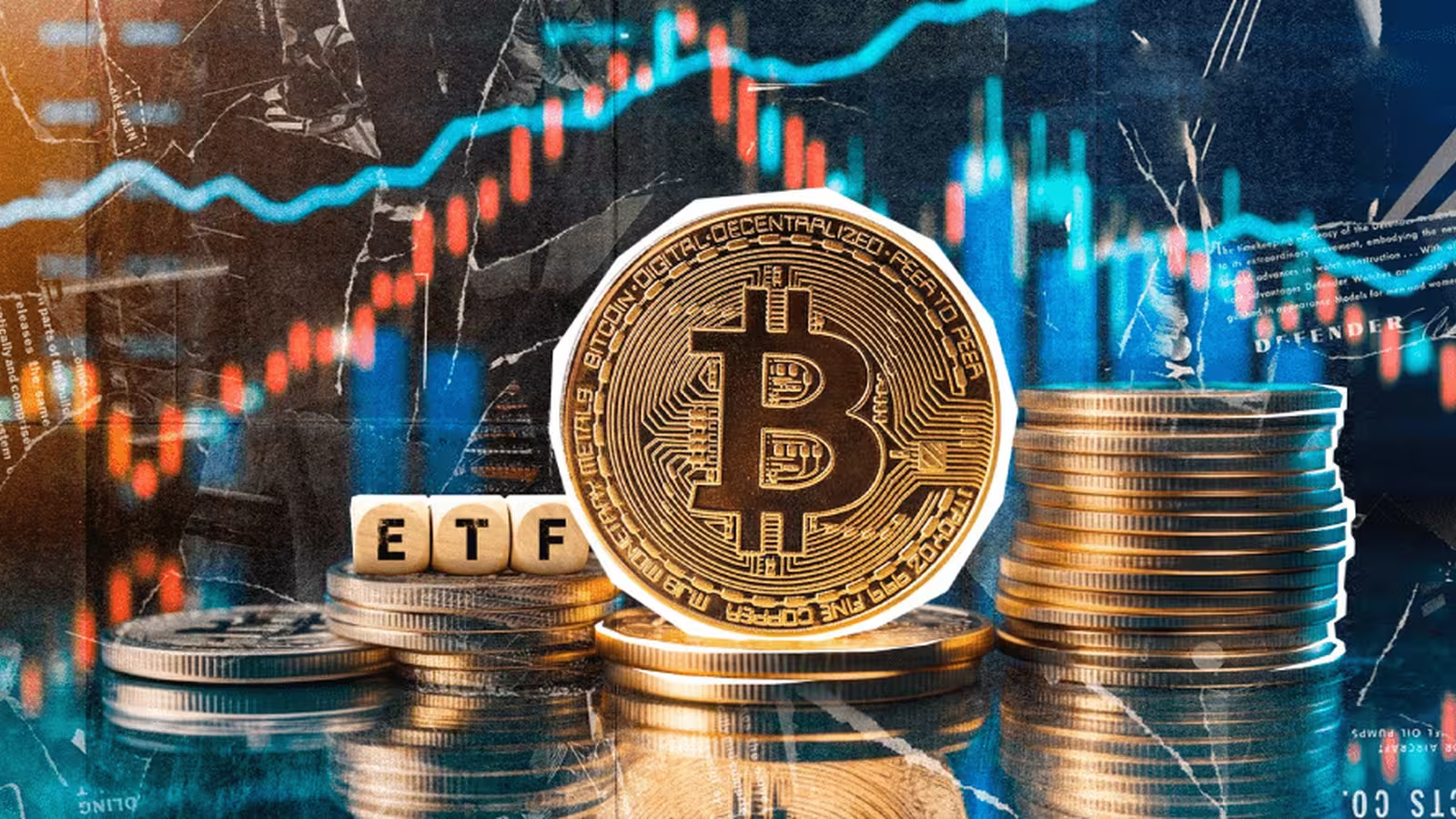4 Minutes
Indonesia Implements Stricter Tax Policies for Cryptocurrency Exchanges
The Indonesian government has unveiled a new set of tax regulations targeting cryptocurrency transactions, signaling a monumental shift in the country's approach to digital asset trading. Effective from August 1, 2025, both domestic and overseas crypto exchanges operating in Indonesia will be subject to increased transaction taxes, part of efforts to further regulate the rapidly expanding crypto market.
New Tax Rates: What’s Changing?
Under the recently issued Ministry of Finance regulation, all cryptocurrency transactions executed via Indonesian-based exchanges will see their tax rate rise to 0.21%. This marks a substantial increase from the previous rate of 0.11%, potentially impacting trading volume and strategies for local crypto investors.
For international trading platforms or exchanges not physically located in Indonesia, the regulatory landscape has become even tougher. Where previously foreign exchanges faced a 0.2% transaction tax, the revised regulations now impose a steep 1% levy on every crypto trade facilitated for Indonesian users. This dramatic 0.8% hike could prompt major global players like Binance, Bitget, and Bybit to reassess their operations and presence within the Indonesian crypto market.
Potential Impact on Local and Foreign Exchanges
This regulatory shift is likely to reshape the competitive environment for crypto exchanges in Indonesia. While overseas platforms face higher hurdles, homegrown exchanges such as Indodax, Tokocrypto, and Pintu could gain a competitive edge. The relatively smaller increase in transaction taxes for domestic platforms may encourage Indonesian traders to gravitate towards local exchanges, further boosting the country’s internal blockchain ecosystem.
VAT Changes: Relief for Buyers, Higher Burden for Miners
Alongside transaction tax modifications, the new regulation brings significant changes to the value added tax (VAT) structure on crypto activities. One of the most notable updates is the abolishment of VAT charges for crypto asset buyers, lifting the previous VAT requirement of 0.11% to 0.22%. This move is expected to make crypto investing more attractive for retail traders and could accelerate user adoption across the archipelago.
However, crypto miners in Indonesia face a tougher tax environment. The VAT rate for digital asset mining activities has now doubled, jumping from 1.1% to 2.2%. This increase could impact miners' operating costs and may influence future investment decisions in the crypto mining sector.
Crypto Adoption Surges Amid Regulatory Changes
Indonesia’s stricter tax measures come at a time when cryptocurrency adoption in the country is soaring. Latest figures from the Financial Services Authority (OJK) reveal that transaction volumes for cryptocurrency reached an impressive $39.67 billion in 2024—a threefold increase compared to the previous year. Indonesia now boasts more cryptocurrency exchange users than traditional stock investors, with over 14.78 million registered crypto traders as of May 2025. This represents a 4.38% uptick in just one month.
May 2025 alone saw crypto trading volumes hit Rp49.57 trillion ($3.02 billion), reflecting a robust 39.21% growth month-on-month. OJK’s Chief Executive for Supervising Technology Innovation and Digital Financial Assets, Hasan Fawzi, attributes the sector’s exponential growth to heightened market enthusiasm and the relative stability of Indonesia’s crypto environment despite global digital asset volatility. "The rising trend in both consumer numbers and crypto asset transactions demonstrates sustained confidence in our national cryptocurrency market," Fawzi shared in a recent interview.
Looking Ahead for Crypto Traders and Exchanges
With these new tax regulations, Indonesia is positioning itself as a key player in both the oversight and facilitation of cryptocurrency transactions. Traders, miners, and crypto exchanges—both local and international—will need to carefully evaluate their strategies as the nation tightens its grip on the digital asset landscape. As adoption continues its upward trajectory, how these tax measures influence trading patterns and platform preferences remains to be seen.
Source: crypto



Comments